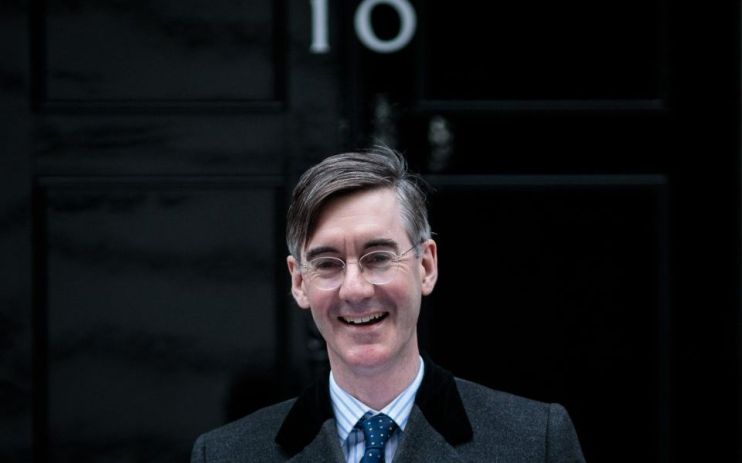Could Jacob Rees-Mogg help Boris Johnson to revolutionise our planning system?

Boris Johnson hasn’t exactly broken a sweat in this leadership election.
He’s ducked debates, declined interviews and appeared generally unenthusiastic about subjecting himself to too much scrutiny.
His defenders may point out that he’s participated in a large number of hustings for party members, but these have been treated as occasions to give his supporters what they came for: the Boris show – and a feel-good night out.
This observation doesn’t take away from the fact that the hustings have been skilfully moderated by broadcaster Iain Dale, nor does it do a disservice to the Tory party members who took seriously their role as democratic wine-tasters on behalf of the rest of us.
But for Boris, waving a plastic-wrapped kipper above his head and erroneously claiming that the product is at the mercy of draconian EU rules (it isn’t) constituted a successful performance.
If, as expected, he is crowned the winner of the Tory leadership race tomorrow morning, he will make a speech in Downing Street on Wednesday evening, stressing his credentials as Prime Minister to unite the country and tackle issues beyond Brexit.
His leadership team, having been spared the inconvenience of a tight race, have been planning his first 100 days in detail. While Brexit will consume almost all of his government’s energy and capacity, we can expect a flurry of announcements on infrastructure, policing and the economy.
One area in urgent need of reform is housing policy, and today one of Johnson’s most committed backers rides to the rescue with a plan to shake things up.
Jacob Rees-Mogg has co-written a report with the Institute of Economic Affairs proposing radical free-market reforms “to our sclerotic planning laws to free up land for development” while also taking aim at a tax system that “distorts the housing market.”
Tory MPs are notorious for talking the talk on planning reform, especially when it comes to land classified as green-belt, but reverting to nimbyism when back in their leafy constituencies. Rees-Mogg leads a large group of Tories who fall under this description, so his backing for far-reaching reform (including reclassifying swathes of green-belt land) is significant.
If he can build a coalition of support for these ideas among his colleagues, and get a fair hearing from the new PM, we could yet see a long overdue change not only to housebuilding and development but tax law, devolution and the entire national planning framework.
Main image credit: Getty
